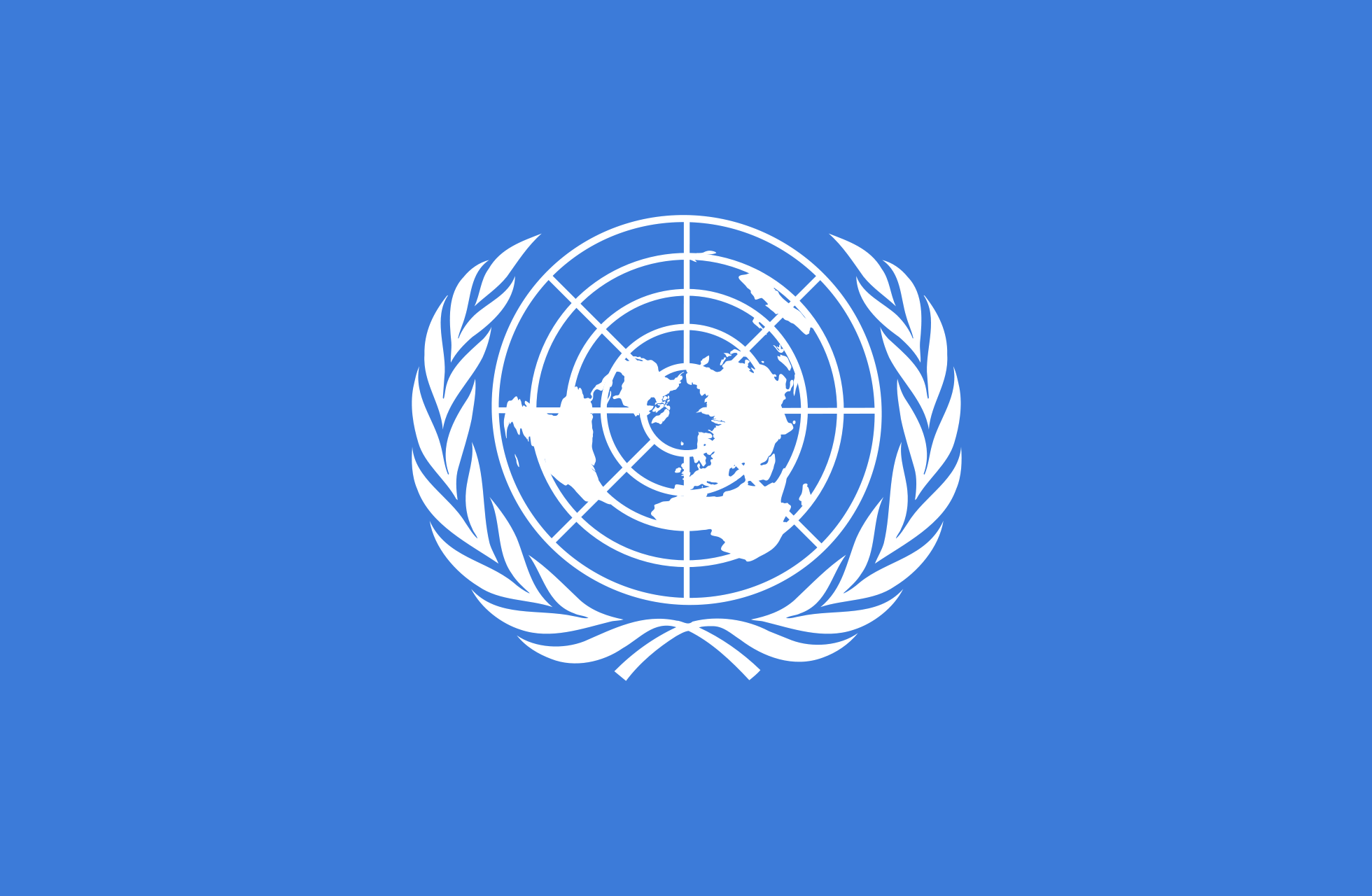- Donors Pledge $670m at UN Conference to Support Aid Operations in Lake Chad Region
A global United Nations-supported humanitarian conference in Oslo has generated more than $670 million in pledges that will help sustain critical relief operations in Africa’s Lake Chad Basin over the next two years and beyond across four countries where millions are in need of aid; giving voice to people affected by conflict and crises in the region.
Formally known as the Oslo Humanitarian Conference on Nigeria and the Lake Chad Region, the donors’ forum also agreed on the need to address longer-term development requirements and to seek durable solutions for the crisis-hit countries in the vast Basin-region: Nigeria, Chad, Niger and Cameroon.
The conference saw the participation of some 170 representatives from 40 countries, UN, regional organisations and civil society organisations. It was co-hosted by Norway, Nigeria, Germany and the UN and followed a civil society meeting with large participation from local organisations working in Nigeria, Chad, Niger and Cameroon.
Speaking at the forum in Oslo, Norway at the weekend, the UN Emergency Relief Coordinator and Under-Secretary-General for Humanitarian Affairs, Stephen O’Brien, said, “Without our increased support, affected communities will face a life of hunger, disease, gender-based violence and continued displacement.”
“But there is another future within grasp: as the international community scales up support, we can stop a further descent into an ever-deepening crisis with unimaginable consequences for millions of people,” he added.
According to UN estimates, about 17 million people are living in the most affected areas across the four countries. Of them, some 10.7 million people are in need of immediate humanitarian assistance, with 8.5 million in North-eastern Nigeria alone, having been made witness to years of violence as a result of Boko Haram’s insurgency.
The region is also threated by famine, with children at heighted risk of severe acute malnutrition.
The resources pledged at the conference, according to a UN release, will help scale up responses to reach the most vulnerable people with a special attention focused on the protection needs of women, children and youth, as well as the need for longer-term support and durable solutions for the displaced populations. At the conference, 14 donors pledged $458 million for relief in 2017 and an additional $214 million was announced for 2018 and beyond.
Expressing appreciation for the contributions, O’Brien said: “The UN and our partners are ready and mobilised to further scale up our life-saving response – the people in the region have no time to wait.”
The Spokesman for UN Secretary-General António Guterres said the UN chief welcomed the donor pledges made, and stressed the need for sustained support to humanitarian, human rights, development and security needs in the region.
With return movements of internally displaced people – some 950,000 since August 2015 – and refugee returnees from neighbouring countries under way in Borno, Adamawa and Yobe states in north-eastern Nigeria, the Office of the UN High Commissioner for Refugees (UNHCR) co-presented with the Government of Nigeria, a paper outlining a vision in Oslo for ensuring protection, access and lasting solutions for them.
“The two strategies of protection and solutions should go hand in hand. To do this we need access […] this is the very big challenge,” stressed UN High Commissioner for Refugees Filippo Grandi, who also attended the conference.
The paper also noted that many protection issues in areas of displacement and potential return can contribute to violence and instability, and advocated for prioritizing measures to ensure physical security, freedom of movement and humanitarian access.
The document also proposed strengthened response to sexual and gender-based violence as well as protection of children from violence exploitation and abuse.


 Billionaire Watch3 weeks ago
Billionaire Watch3 weeks ago
 Startups4 weeks ago
Startups4 weeks ago
 News4 weeks ago
News4 weeks ago
 News4 weeks ago
News4 weeks ago
 Bitcoin4 weeks ago
Bitcoin4 weeks ago
 Naira4 weeks ago
Naira4 weeks ago
 Forex3 weeks ago
Forex3 weeks ago
 Treasury Bills4 weeks ago
Treasury Bills4 weeks ago


























